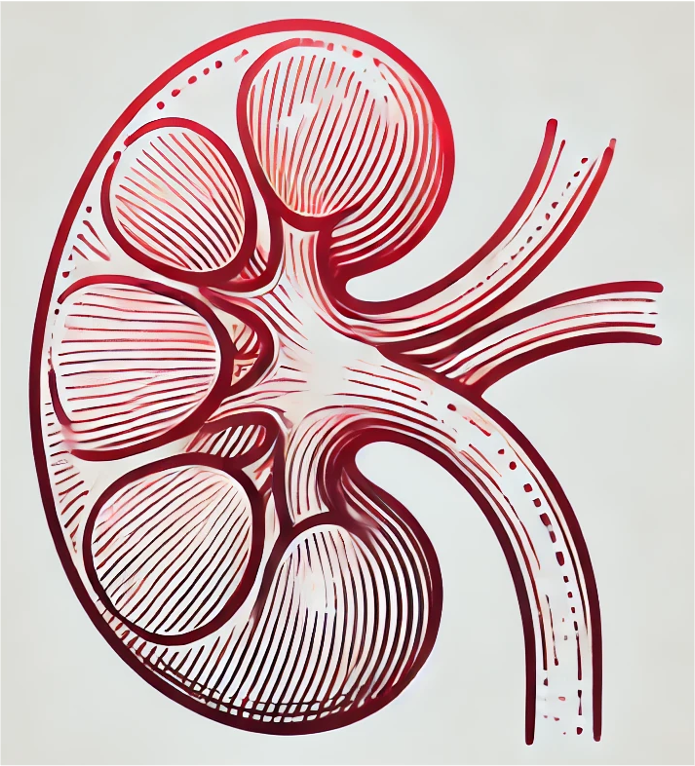Description
Rhabdomyolysis is a severe condition caused by skeletal muscle damage, leading to acute kidney injury (AKI). We demonstrate that complement has a direct pathogenic role in rhabdomyolysis-induced AKI. Deposition of C3d in the tubules of patients and mice correlated with rhabdomyolysis-induced AKI. Moreover, C3-defiient mice with rhabdomyolysis had preserved renal function. Mechanistically, C3-deficiency attenuated strongly inflammatory and apoptotic components of the renal transcriptome, perturbed by rhabdomyolysis. Complement was activated intrarenal by the lectin pathway via collectin-11. It proceeded in a C4-bypass manner and was amplified by heme-activated alternative pathway. Therefore, complement and heme are promising therapeutic targets for rhabdomyolysis-induced AKI.
Overall Design
Comparison of the gene expression in kidney sections lysate of C56Bl/6 WT or C3-/- mice, injected or not with glycerol to induce rhabdomyolysis-associated acute kidney injury
Curator
xm_li
